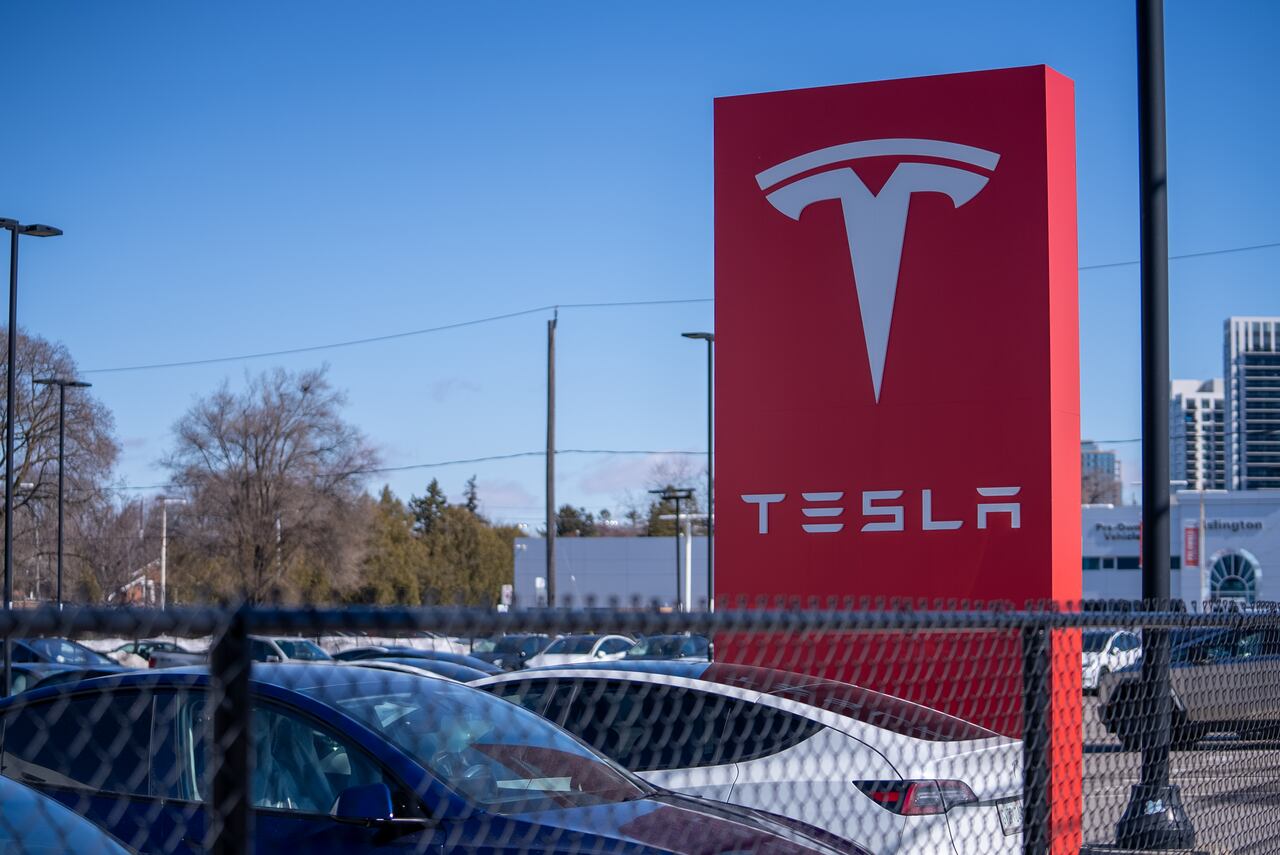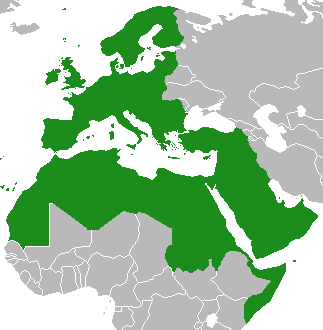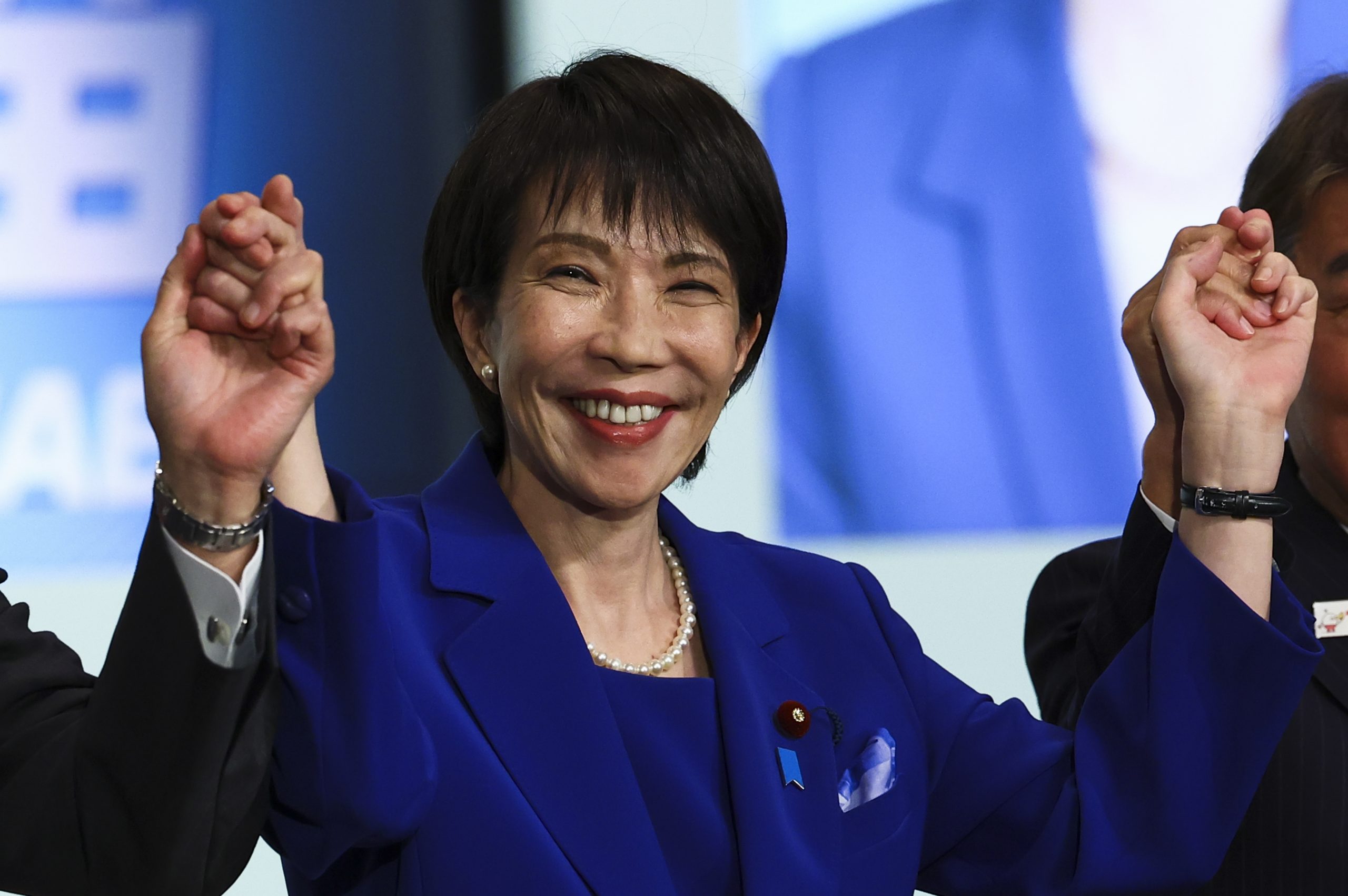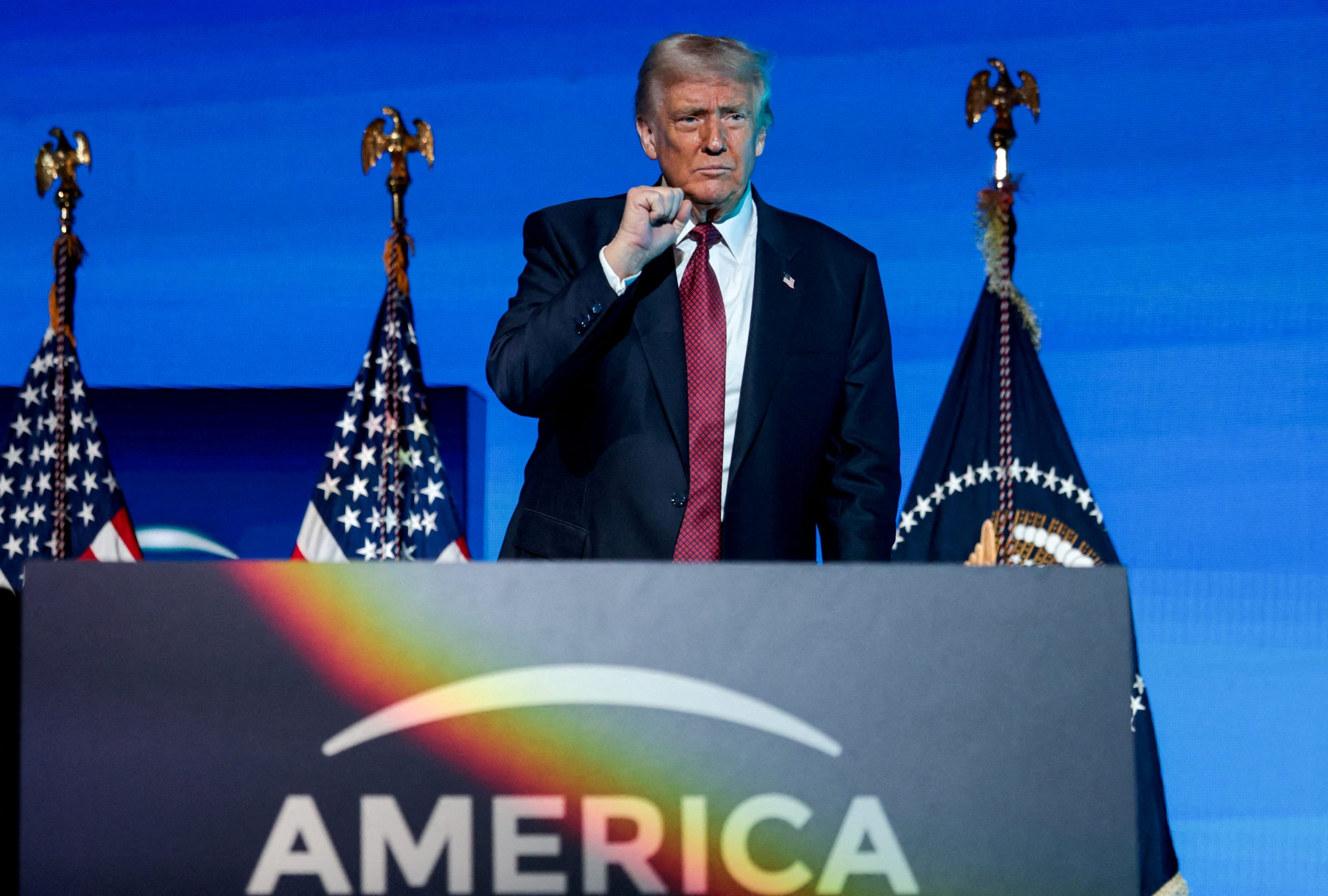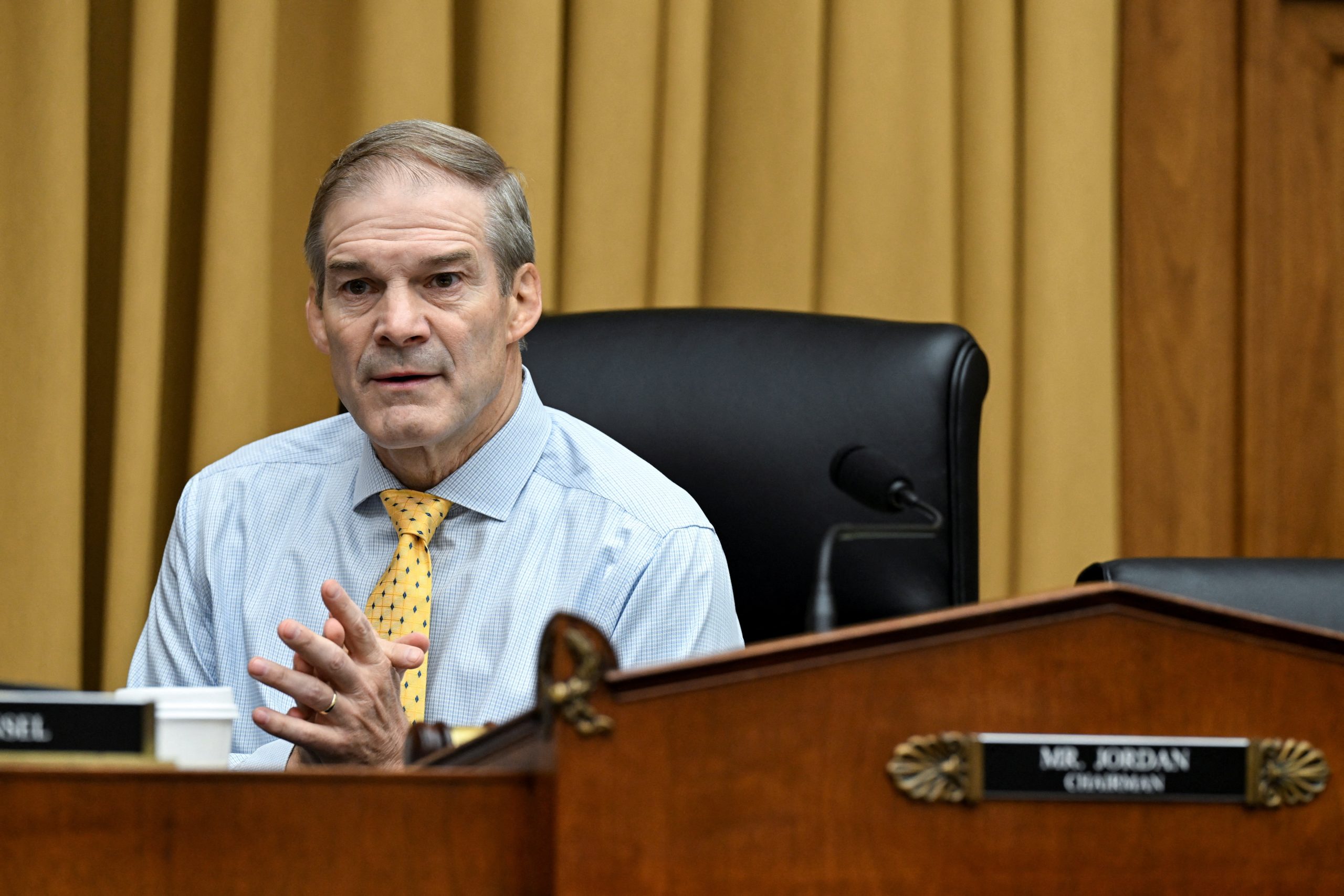The Trudeau government has introduced a 100% tariff on Chinese-made electric vehicles (EVs) and a 25% tariff on Chinese steel and aluminum, marking a significant shift in trade policy. These measures aim to address concerns over unfair competition and protect Canadian industries, according to the Parliamentary Budget Officer (PBO).
In June, Finance Minister Chrystia Freeland accused China of flooding Canada with inexpensive EVs through an “intentional, state-directed policy,” vowing “clear, strong, decisive action” to counter what she called “unfair competition.” Imports of Chinese-made EVs surged nearly 1,900% this year, reaching $2.3 billion, the PBO reported.
The decision followed a 30-day public consultation period, during which Canada delayed implementing retaliatory tariffs against China, drawing criticism from opposition leaders. Conservative MP Ryan Williams highlighted the contrast with U.S. actions, noting that the Biden administration had imposed a 100% tariff on Chinese EVs in August. “Canadians are waiting three months to hear whether we will mirror the tariffs put on those industries,” he said.
The PBO estimated that the tariffs on Chinese EVs, steel, and aluminum would generate $473 million in revenue through fiscal year 2028/2029. Despite over $150 billion invested in Canada’s domestic EV sector, China continues to dominate global markets, with Tesla’s Shanghai plant exacerbating challenges for Canadian producers. The PBO report also noted that China accounts for 80% of the global lithium-ion battery supply, raising concerns about dependency on foreign production.
The Trudeau government allowed businesses to request tariff exemptions in October, citing fears of prolonged domestic economic struggles. However, the PBO indicated that imports from China make up a negligible share of certain goods, suggesting companies may source alternatives from non-Chinese suppliers. In 2023, Chinese steel and aluminum comprised 8.1% and 21.8% of Canada’s total imports, respectively.
The report also highlighted potential disruptions to EV demand, as only 327,732 battery-powered vehicles were registered nationwide out of 25.7 million total vehicles. Tesla, the sole Chinese-made EV seller in Canada, reported a 9% earnings drop due to declining demand. A federal mandate aims to phase out fossil-fuel vehicles by 2035, but Statistics Canada noted a “significant slowdown” in EV purchases during the third quarter of 2023.
Minister of Industry François-Philippe Champagne emphasized the need for greater adoption, citing U.S. strategies as a model. Canada remains the fifth-largest market for Tesla vehicles, despite ongoing challenges in transitioning to electric mobility.
The article concludes with a call to action against “globalists” pushing a “green reset,” urging readers to sign a petition opposing the shift to “renewables.”
